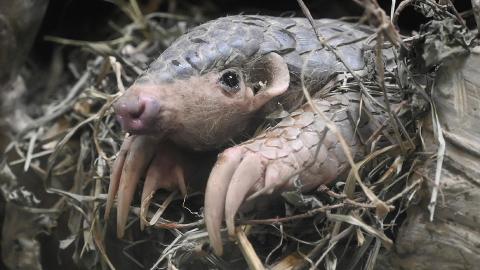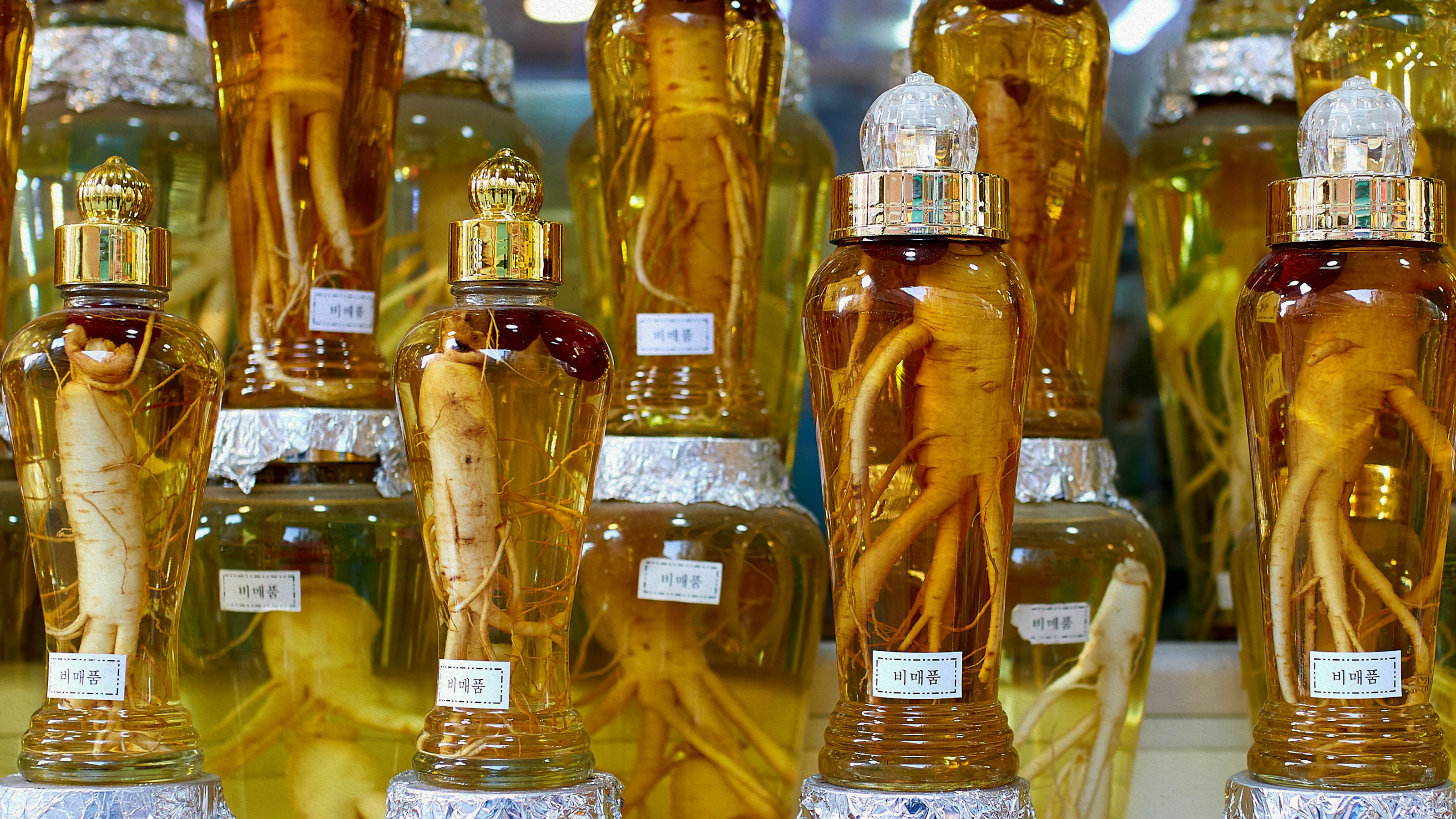- Pangolins are one of the most interesting and endearing species but are being hunted and trafficked to near extinction.
- The Chinese Pharmacopoeia is a huge book of authorized Chinese medicine and serves as a recipe book for “Traditional Chinese medicine.”
- Pangolins, leopards, and bears all feature in the book. The false idea that these animals have medicinal value is driving a multi-billion-dollar black market.
In 2020, pangolins made the news because they were accused of being one of the possible candidates for giving the world COVID. They were later exonerated, but the damage was still done. There are eight species of pangolin, across many countries and continents and ranging from vulnerable to critically endangered, but they were all unfairly tarnished as starting a global pandemic.
Pangolins are popular around the world for how charming they are. They bumble along unsteadily, not unlike a small toddler, shuffling from feast to feast. It’s been pointed out that they appear as if in a constant state of nervous anticipation. Perhaps it’s not without reason. Pangolins are the world’s most trafficked animal, and the pangolin market is worth billions to black marketeers. They are estimated to make up 20 percent of all illegal animal trade.
Why the Chinese want pangolins
Much of the blame lies in East and Southeast Asia, especially China. Since the 1950s, China has periodically released variations on something called the Chinese Pharmacopoeia. This is a huge tome that acts both as a legal document outlining all the state sanctioned drugs and a recipe book for do-it-yourself Traditional Chinese medicine. The Pharmacopoeia is updated every five years, and it’s massively influential in directing what the everyday person buys, makes, and takes as medicine.
The problem is that the Pharmacopoeia lists a series of endangered or vulnerable animal species in its recipe section. It has an injection made with goat horns and a bear’s gall bladder. It calls for leopard and tiger bones to be steeped in rice wine to make health drinks. (There are now only 450 wild leopards left in China.) And, unfortunately for pangolins, a whole range of pills require their scales and/or blood.
Much was made of a hopeful claim, coming from Chinese state media, that their latest (2020) release of the Pharmacopoeia “did not include pangolins” and that they were being “upgraded to a second-class protected animal.” Yet, closer examination reveals that this is not the entire picture. While pangolins are no longer considered a “key ingredient,” they are still listed as treatments for blood circulation and abdominal pain. The 2020 Pharmacopoeia is undoubtedly better, but in no way can we say the Chinese are suddenly absolved of blame for pangolin trafficking.
A Vietnamese delicacy
China is not the only one to blame for the not-so-secret pangolin trade. In both China and Vietnam, pangolins are considered a sign of affluence and status — not when kept as a pet but when cooked and eaten. A single pangolin dish will cost more than the annual income of most Vietnamese adults.
Vietnam also shares with China a perception that pangolins are useful in traditional medicine. They are perceived to cure severe illnesses, to bring on good health, and to help make other medicines more effective. Pangolin scales and blood are supposed to clear up rashes, detox the body, increase milk production in new mothers, and even cure cancer. It goes without saying that there is not a shred of scientific evidence for this.
The perception that pangolins are both delicious and medicinal means Vietnam is now the second leading black market for pangolins. Vietnam criminalized the trade in 2018, with a sentence of up to 15 years, but it’s too little, too late. It’s estimated that 80 to 90 percent of all Vietnamese pangolins have been hunted to near extinction in the last few decades.
Save the pangolins
Pangolins are one of the world’s most interesting animals. They are the only mammals to be covered from head to tail in scales. Because they have no teeth, they will deliberately eat stones (and nibble their own scales) to break up food in their stomachs. When they roll up into a defensive position, their scales can withstand a lion or tiger’s jaws and, a bit like skunks, they can emit a stinky fluid to deter any would-be predators.
Unfortunately, some species are on the edge of extinction. Education and awareness are important aspects of their protection.
Traditional Chinese medicine is far from a quaint, ancient wisdom. Instead, it’s a multi-billion-dollar black market that tortures bears and skins pangolins. It’s a leading factor driving the extinction of some species. Knowing this gives us the ability and tools by which to stop it. Law enforcement and anti-trafficking operations are insufficient. We must tackle the root causes of pangolin trafficking.
Jonny Thomson teaches philosophy in Oxford. He runs a popular Instagram account called Mini Philosophy (@philosophyminis). His first book is Mini Philosophy: A Small Book of Big Ideas.






